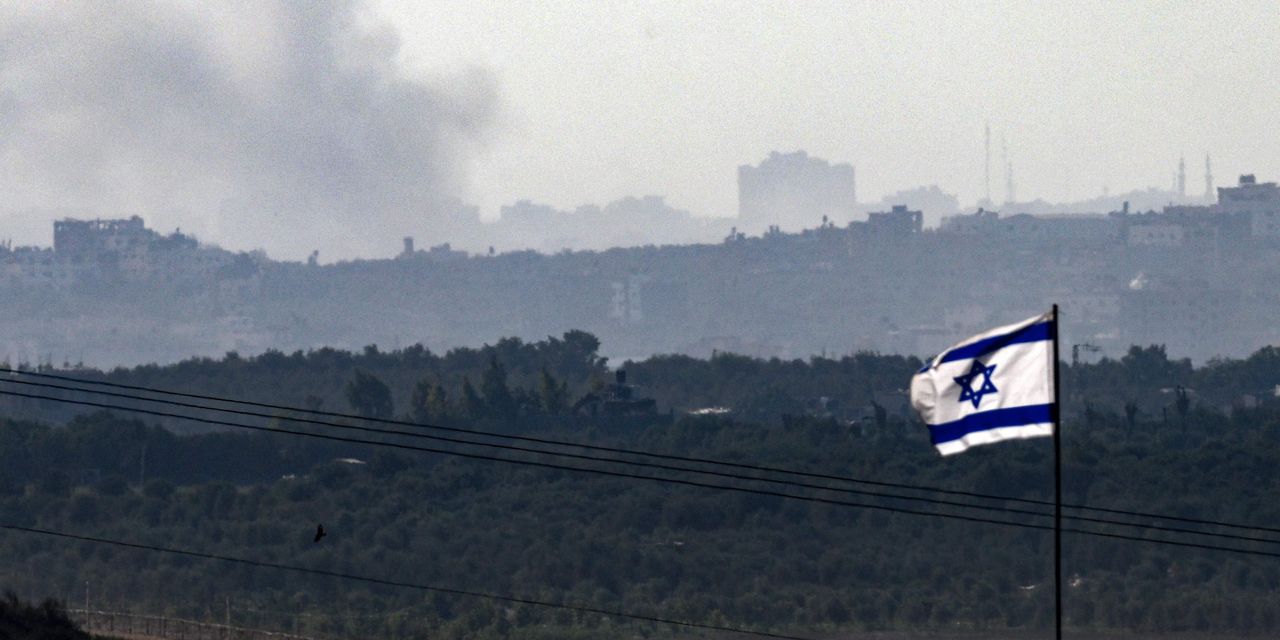Israel’s shekel has recovered its losses following the Hamas attack of October 7 amid signs investors are moving back into the country’s markets despite a continuing war.
The currency fell sharply to around 4.08 versus the U.S. dollar, its weakest in 11 years according to Bloomberg, in the days following the incursion by Hamas which triggered Israel’s invasion of the Gaza enclave.
Investors fled Israel’s assets amid fears the conflict could spread to include other hostile states in the region, badly damaging the nation’s economy.
Government bond prices fell, the cost of insuring Israel’s debt against default — as measured by credit default swaps — more than doubled, and the stock market dived to its lowest level in more than two-and-a-half years.
However, amid signs that Hezbollah, Iran’s proxy in Lebanon, is reluctant to join the fighting beyond border skirmishing, hopes are building of a conclusion to the war that would see Gaza administered by the Palestinian Authority — an entity not committed to Israel’s destruction.
The shekel by Thursday
USDILS,
was trading at 3.858 per dollar, just a fraction weaker than the level the day before the initial Hamas attack, having rallied about 5% since October 26.
The Israeli currency also has been supported by the country’s central bank saying at the outset of the conflict it was prepared to sell up to $30 billion of foreign currency in the open market to support the shekel and provide $15 billion of liquidity to the market via swap transactions.
Earlier this week the Bank of Israel said it had sold $8.2 billion in October to underpin the shekel, which nevertheless remains more than 9% weaker against the dollar for 2023.
The yield on Israel’s 10-year government bond, which had jumped to 4.67% shortly after the outbreak of the war, is back down to around 4.25%.
Meanwhile, five-year Israel CDS have fallen about 20% from their recent peak, though remain elevated. The Tel Aviv 125 equity index
XX:TA100
has recovered nearly half of the 13.5% plunge that followed the Hamas attack. U.S. investors can track the market via the iShares MSCI Israel ETF
EIS.
“The Bank of Israel took very aggressive action,” Gil Moshe, the head of markets at the Israel unit of Citi, told Reuters.
“Whenever (market) players are seeing that the liquidity is there, and the Bank of Israel is on top of things and willing to intervene whenever it’s necessary, then they get more confident.”
Read the full article here





